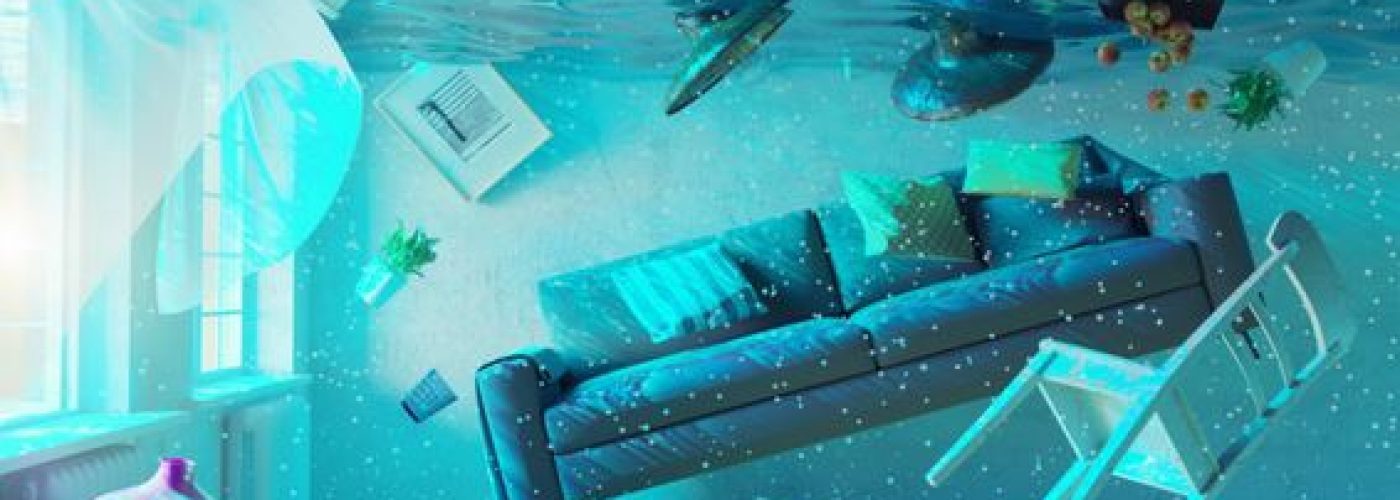There are all kinds of industries that use electrical equipment. Shipping and the music industry are a couple of examples, but there are many more. That electrical equipment has to work exactly as it’s supposed to, or significant problems can arise.
Any industry that uses electronics needs to watch out for any damage to those components. That damage can come in different ways, but any situation where water comes into contact with electrical equipment is particularly troubling. In this article, we’ll explain why.
Water Damage Restoration
Before we explain why electrical component water damage can be so devastating, you should understand that there are sometimes steps you might take to fix these problems when they come up.
Just because there’s water damage, that doesn’t necessarily mean you have to discard those components completely. Some companies offer water damage restoration techniques, and you can at least contact them so they can have a look at the situation.
The rapidity with which you contact these services can often make all the difference. If you can reach out to one of these companies within a day or so after the water’s original contact, they might be able to save the equipment.
Water is conductive, though, so you should be very careful as you begin to examine it. Someone electrocuting themselves is the last thing you want. A professional examining that equipment can reveal whether conductivity is still possible.
The Corrosion Factor
You probably think about electrocution risks when someone brings up water damaging electrical components, and with good reason. If someone electrocutes themselves, they can suffer serious injuries or even die. Also, if something like that happens, you can be sure that OSHA will visit you sooner rather than later to make sure your company didn’t violate any established protocols.
Corrosion is also a pressing issue in these situations, though. There are metal components wherever you find electronics, and when water contacts metal, it quickly starts to corrode. That can happen if you
leave musical equipment out in the rain, for instance, or if you leave electrical components in a tsunami’s path.
The ions you find in water speed up the corrosion process. It might surprise you how much damage just a few moments of contact can do. If the ion content is higher, that will speed up the process.
Unless you’re an expert, you won’t know how high the water’s ion content is. However, the corrosion’s speed will be a big hint.
The Water’s Impurities
The water’s impurities are another factor when they contact electronics. It’s not as though you have purified water in these situations like you’d get out of a Brita pitcher. If it’s rainwater, ocean water, or sewer water that’s flooding your electronics, there are all kinds of impurities present.
The water washes over the contact points within your electronics. When that happens, you get corrosion, but you can also get some other unexpected reactions depending on what’s in that water. It’s unrealistic to expect that the electronics are going to respond as they did before their submersion, even if they dry off by the time you get to them and they appear more or less undamaged.
You might have a situation where the electronics continue to function even after they came in brief contact with unpurified water. That’s probably not going to last, though. Even if you’re lucky enough that they continue functioning, the water will frequently shorten their usable life by quite a bit.
What Should You Do if Water Contacts Your Electronics?
As we mentioned, companies can save or refurbish your electronics if water contacts them. You can reach out to these entities, but you’ll want to do so immediately after discovering the issue. The longer you choose to wait, the less likely they can swoop in to save the day.
Before you call them, though, it’s best to disconnect the electronics if you can. If you attempt to do so, wear gloves so as to avoid electrocution. If you don’t feel comfortable disconnecting the equipment, you can leave that up to the professionals.
If purified water touches your electronics, it’s more probable you can save them since that water does not have as many potentially corrosive elements. It’s hardly likely that a flood of purified water is going to wash over your electronics, though, which is why these salvage companies exist.
The takeaway from this is that water can damage electronics, but it’s sometimes possible to save them.





